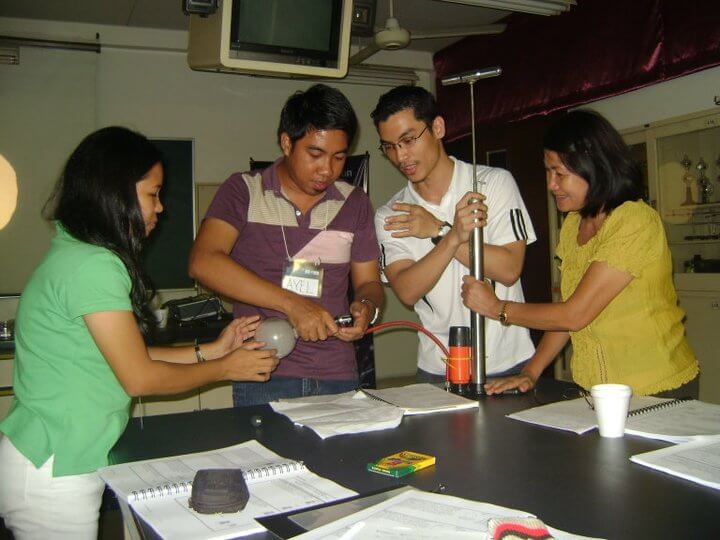IT IS entrance examination season. Colleges’ and universities’ admission personnel and some of their brightest students visit high schools to sell the best qualities and practices of their respective institutions. Aside from choosing a career or college course, current high school seniors are trying to make up their minds about which school to choose. If you are one of them, here are some tips you might consider.
Although some students do not take it seriously, choosing a college or university is a crucial decision to make. It could make or break your career plans. The worst reason I have heard that students would say why they choose this college or that is that their friends are also gonna be there. It is important that you have friends or some people who could guide you in your early days in college, so you could adjust together and assist each other, but that being your major reason for choosing a school is utterly immature.
What should you consider in choosing a college or a university?
1. Faculty. Of course, they are the ones who will provide you training and will hone your skills. They should be competent in their respective fields. You can look at the President’s report or the at the school profile. Look at the statistics of faculty qualifications. How many have PhD degrees? Does the school offer updating of its faculty’s qualifications?
2. Facilities. Does the school have the right facilities or, at least, does the school provide access to training facilities required in your field? Do their laboratories pass the standards? Does it have a good library? Does it have up-to-date ICT facilities that the students can access?
3. School Environment. You will be staying in a college or a university for years. It is then imperative that you are comfortable with the school environment. Is it conducive for learning? Does the school have the feel of an academic community? In order to know that you should pay the school you wish to enroll in a visit. The school environment does not only refer to the atmosphere inside the campus. Where is the school located?
4. Academic Policies. A serious student would ask about the academic policies of the school. How is instruction monitored? Do professors follow updated course syllabi? What are the bases for computation of grades? What are the bases for selection of honors? How are academic scholarships granted? An institution with clear policies on these matters would be a wise choice.
5. School’s Track Record. Have you heard of good things about the school? Do you know of successful individuals who graduated from the school you are eyeing? A good school should have at least be recognized in the locality where it exists. One that is recognized nationally or internationally would be a lot better. It would have a good reputation if it is not offering quality education. Although it is not the name that is solely important, when it comes to employment, and the competition is tough, employers would certainly look at the school you came from, and prefer those whose names ring a bell.
6. Your Academic and Economic Capabilities. There are really good schools out there, but are you qualified? Do you have enough academic preparation for the program offered in the school you are choosing? Can you go the extra mile in coping with the academic demands? Is your family financially capable to send you to that school? Can you manage to spend for the hidden cost of education? You could get scholarships — or work part time — but do you have enough money to spend for other expenses such as fare, projects, and other incidental expenses?
Again, it is not solely the school that will determine your success in life. There are people who did not go to a known college or university but became successful in their fields. The school is one important factor but if you do not exert effort, if you don’t learn things by heart, if you don’t explore and utilize your full potential, you wouldn’t be successful. There is no surefire formula for success but their are actions and attitudes that will most likely take you there.






“A serious students”??
Hmm. Nice article sir. Really, the truth is some are just choosing the school coz of their friends. I hope that they will think like mature adults.
Now I think whom to hire should I need a copy editor. Haha. Thanks.
Have you made up your mind yet?
Yes sir. My course and school is already decided. Its up for me now if I can pass or not. LOL
Great post!
Students can also ask previous students of the target course they are interested in to ask for feedback and recommendations.
Asking around your network for recommendations also help especially if a certain school or course keeps coming up as a recommendation.
Argee
Thank you, Sir. That is one good way for students to learn about the target schools and courses.